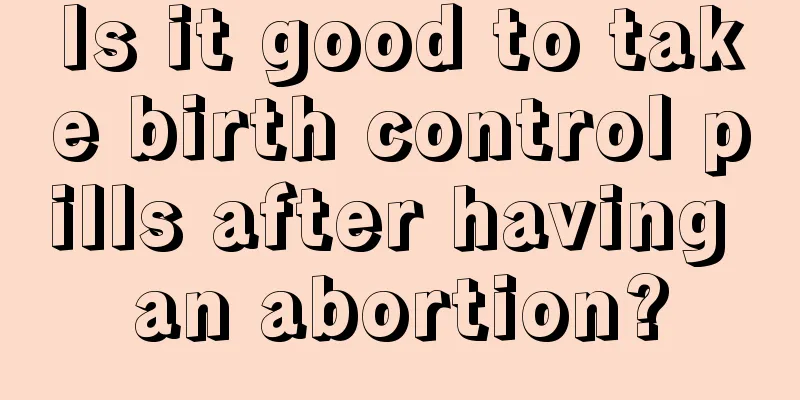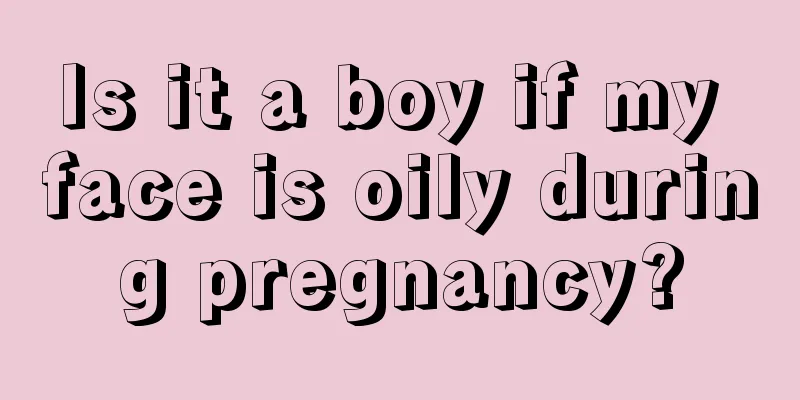Can I still have a baby after having my fallopian tube removed?

|
When a woman has a gynecological disease, she may need surgery if it is serious. Some gynecological diseases may require the removal of the woman's fallopian tube. If only one side of the woman's fallopian tube is removed, the woman's chance of pregnancy may be greater, but if both sides of the fallopian tube are removed, the woman cannot get pregnant and can only use the method of in vitro fertilization. So, can she still have children after the fallopian tube is removed? For many couples who have been married for a long time but have not been able to conceive their own baby, getting pregnant as soon as possible and having their own baby is their dream. However, many couples cannot conceive naturally due to various reasons. At this time, they need to undergo in vitro fertilization surgery to assist reproduction. For example, female friends who have undergone fallopian tube removal surgery cannot give birth on their own and must rely on the power of in vitro fertilization. However, many women are worried that if both sides of their fallopian tubes are removed, the success rate of IVF will be very low. However, women who have had their fallopian tubes removed do not need to worry too much about this issue. As long as the ovaries on both sides function normally and can produce follicles, and the uterus functions normally, they can undergo in vitro fertilization. The fallopian tube is responsible for transporting eggs and delivering fertilized eggs. Even if there is no fallopian tube, it will not affect the normal function of the ovaries. Moreover, when undergoing in vitro fertilization, many hormonal drugs are used to promote the development of follicles. In principle, the success rate of IVF for patients who have had both fallopian tubes removed is higher than that for women with ordinary fallopian tube blockage, because the risk of ectopic pregnancy for patients who have had both fallopian tubes removed is greatly reduced. However, the success rate of IVF is restricted by many factors, such as the skills of laboratory personnel, laboratory conditions, the age of women, the environment of the uterus and the function of ovaries, all of which will affect the success rate of IVF. Therefore, women who have had both fallopian tubes removed should also be judged comprehensively based on various aspects. In short, the risk of ectopic pregnancy during IVF after bilateral fallopian tube removal will be very low, but the success rate of IVF is affected by many factors. To ensure the success rate of IVF, female friends must adjust their bodies in all aspects and make comprehensive preparations for IVF operations. And you should choose medical staff who are qualified and experienced in IVF to perform the operation. |
<<: Can traditional Chinese medicine cure fallopian tube obstruction?
>>: Can I get pregnant if my right fallopian tube is blocked?
Recommend
What to do if you have spots during pregnancy
Pregnancy is a very difficult thing for women. Du...
Things to know for expectant mothers in the 19th week of pregnancy
When a pregnant woman is in the nineteenth week o...
Monkeypox is once again a global threat. Is it a sexually transmitted disease?
Monkeypox is the second virus, after Ebola, to co...
"Lungs" are no big deal! Here's what you need to know about COPD
The transition from autumn to winter is also a pe...
Do mid-pregnancy contractions affect the fetus?
During the difficult and long ten months of pregn...
eMarketer: Key digital media trends for 2012
The Key Digital Trends for 2012 report, jointly r...
What to do if your legs and knees hurt during confinement
There are several issues that you should pay atte...
What foods can you eat after a cesarean section?
Of course, you should pay attention to the diet a...
Caesarean scar pain years later
Caesarean section requires surgery, which can eas...
Gynecological examination items
Gynecological diseases are unique diseases that o...
Why do sesame cakes become hard when they are cold? The secret of not getting hard when sesame cakes are cold
As we all know, sesame seed cake is a popular sna...
What can I eat to get rid of stretch marks?
After pregnancy, due to weight gain, the body bec...
What is the most important way to maintain a woman's health after she reaches 40?
When women reach the age of 40, they will inevita...
Vulvar boils
For women, the health of their private parts is e...
The takeaway beef has colored reflections. Is it bad? Can I still eat it?
Many people love to eat beef, such as beef ramen,...









